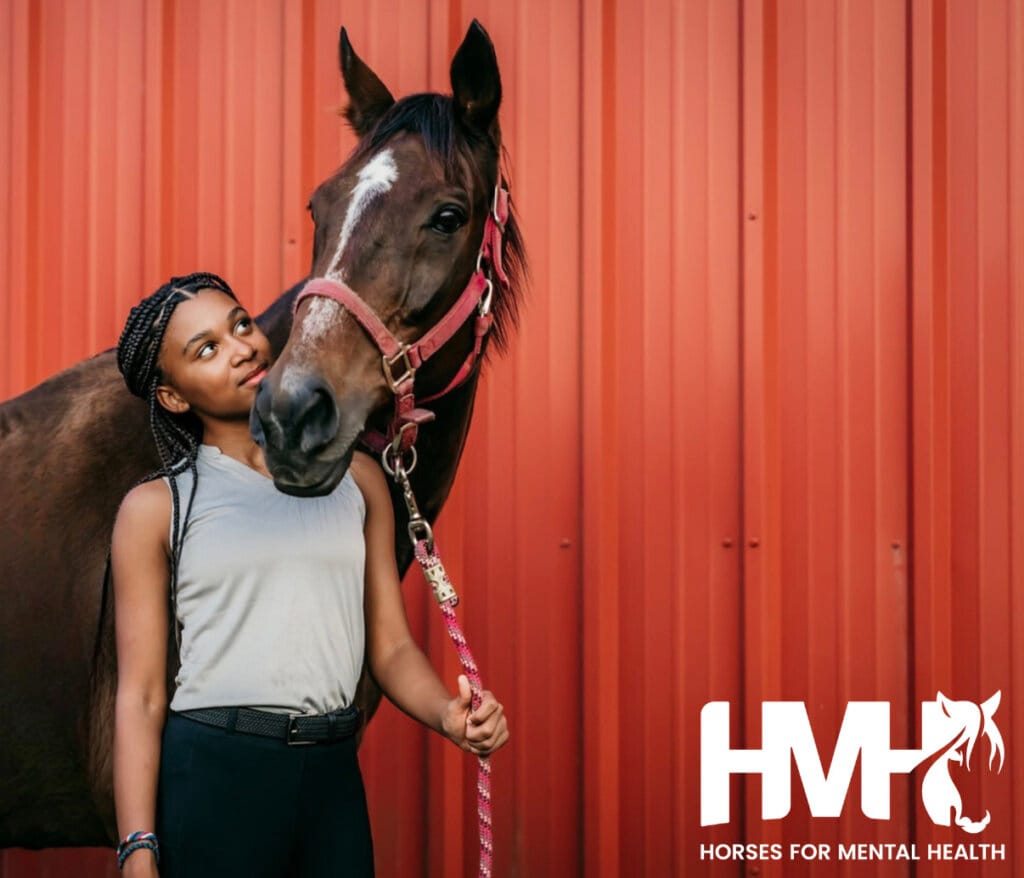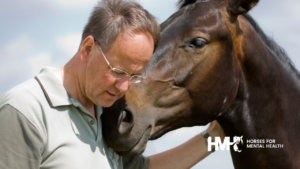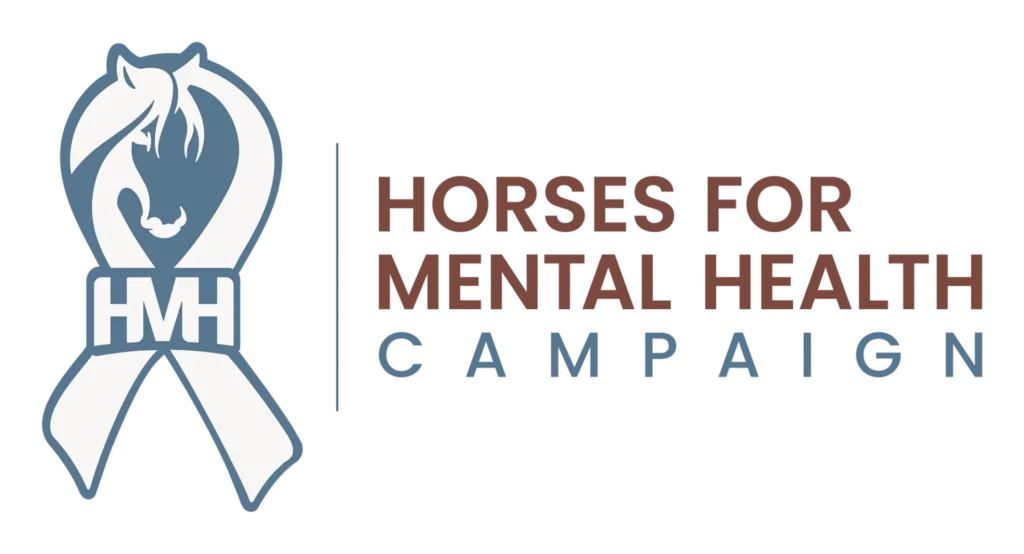Juneteenth is a significant annual celebration, but our commitment to mental health equity extends throughout the entire year. At Horses for Mental Health, we are dedicated to fostering a supportive and inclusive atmosphere for our community of changemakers, nonprofit leaders, organizations, and partners. We aim to build strong partnerships and raise public awareness about the benefits of incorporating horses into mental health programs, ensuring these resources are recognized as accessible, effective, and inclusive for all.
Horses are incredibly intuitive and empathetic creatures, capable of sensing human emotions and offering non-judgmental support. Through the unique and healing power of horses, anyone can embark on a journey of self-discovery and personal growth, fostering resilience and mental well-being.
The History of Juneteenth
On June 19, 1865, Union troops arrived in Galveston, Texas, announcing the freedom of over 250,000 enslaved Black people, marking the end of slavery in the United States. Despite the Emancipation Proclamation being signed in 1863, many enslaved individuals in Texas were unaware of their freedom until two years later. Known as Emancipation Day, Juneteenth celebrates freedom and community, reminding us of the long journey toward racial justice.
Inequities in Mental Healthcare
While all communities face mental health challenges, Black communities often face more stigma and discrimination, receiving compromised care as a result (National Alliance of Mental Illness). These disparities are rooted in historical and systemic inequities that limit access to quality mental healthcare. Addressing these issues requires more than awareness; it demands structural changes to ensure equitable access to mental health resources for all.
Statistics on Black Mental Health
- Emotional Distress: Black adults in the U.S. are more likely than white adults to report persistent symptoms of emotional distress, such as sadness, hopelessness, and feeling like everything is an effort.
- Poverty and Mental Health: Black adults living below the poverty line are more than twice as likely to report serious psychological distress compared to those with more financial security.
- Access to Care: Only one in three Black adults who need mental health care receive it.
- Quality of Care: Black individuals are less likely to receive quality-consistent care, less frequently included in research, and more likely to use emergency rooms or primary care rather than mental health specialists.
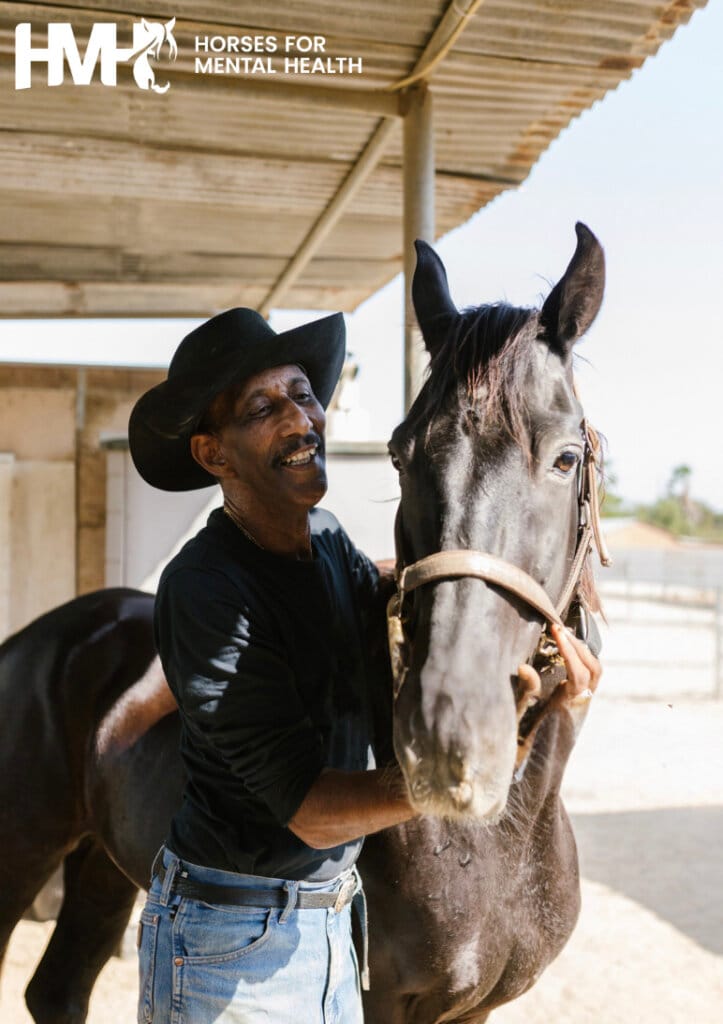
The Challenges Black Clients Face in Mental Health Clinics
Black clients often face numerous challenges when seeking mental health care, including:
- Stigma: Mental health issues can carry a stigma, leading to reluctance to seek help.
- Discrimination: Experiences of racism and discrimination can deter individuals from accessing care.
- Cultural Competency: A lack of cultural understanding from providers can result in ineffective or insensitive care.
- Financial Barriers: Economic disparities can make accessing affordable care difficult.
- Trust Issues: Historical mistreatment within the healthcare system can cause distrust in medical professionals.
Supporting Black-Led Organizations and Clients
As a community, we can take several steps to support Black-led organizations and Black clients in the mental health sector:
- Educate Ourselves: Learn about the history of racial inequities in mental health care and understand the specific challenges faced by Black individuals.
- Support Black-Led Organizations: Donate to and volunteer with organizations that focus on mental health in Black communities.
- Advocate for Change: Push for policies that promote mental health equity, including better funding for mental health services in underserved communities and training for cultural competence among mental health professionals.
- Amplify Black Voices: Support and share the work of Black mental health professionals and advocates. This includes promoting podcasts, articles, and books by Black authors on mental health topics.
- Provide Financial Support: Fund scholarships for Black individuals pursuing careers in mental health to increase representation in the field.
- Create Inclusive Spaces: Ensure that your organizations and practices are welcoming and inclusive, providing a safe space for Black individuals to seek help.
- Build a Diverse Leadership Team: Have a diverse leadership team, staff, and board members to best provide a holistic representation of the communities you serve. This fosters a deeper understanding of the needs of Black individuals and ensures culturally competent services.
What Does Mental Health Equity Look Like?
Mental health equity envisions fair and just access to quality mental healthcare for everyone. Achieving this goal involves restructuring programs and services to support diverse populations, and acknowledging the unique experiences and challenges faced by Black individuals and other marginalized communities.
Horses for Mental Health seeks to uplift all individuals, nonprofit organizations, and businesses that promote inclusion and diversity. Mental health equity envisions fair and just access to quality mental healthcare for everyone.
Interacting with horses under the guidance of a mental health professional in a supportive and inclusive environment can help build trust, improve communication skills, enhance emotional regulation, promote healthier coping mechanisms, and lead to better overall mental health and well-being.
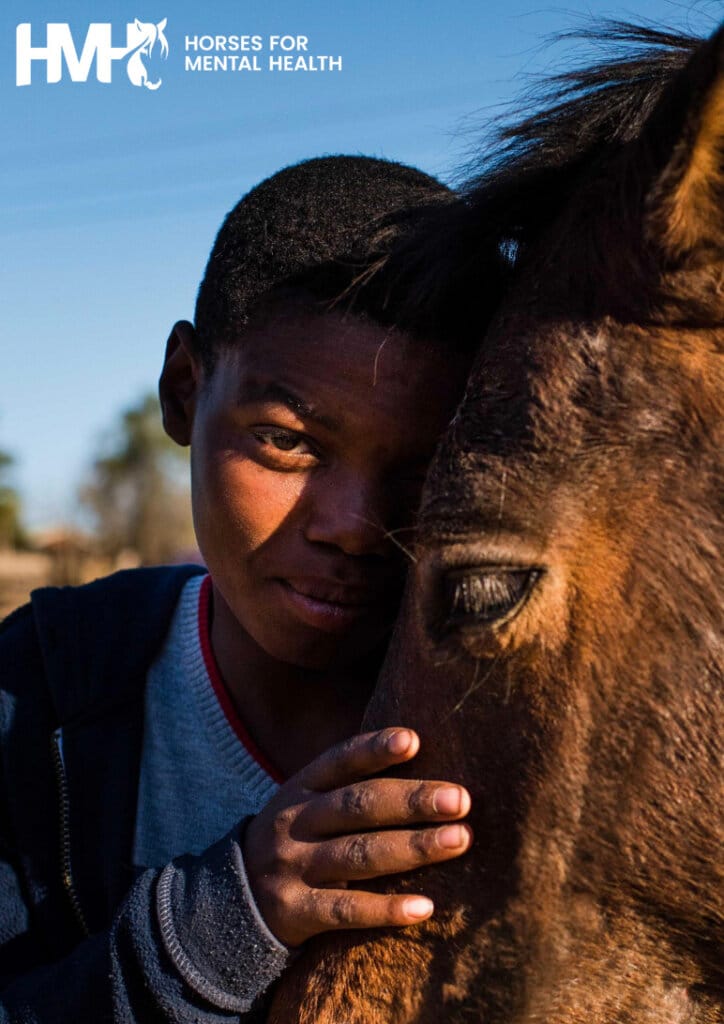
Breaking Barriers | The Power of Horses
By investing in our communities, committing to personal and collective mental health, and dismantling oppressive systems, we can build a better and more equitable future together.
Thank you for being a part of the Horses for Mental Health community. Together, we can contribute to a supportive future that continues to break barriers.


